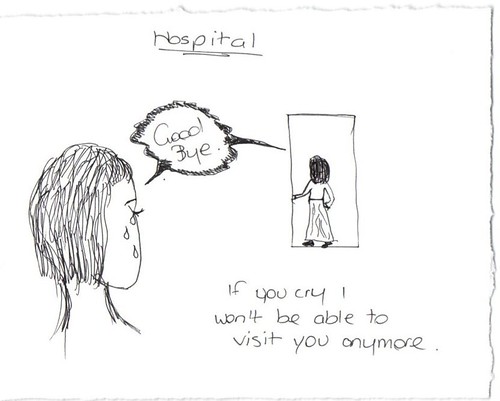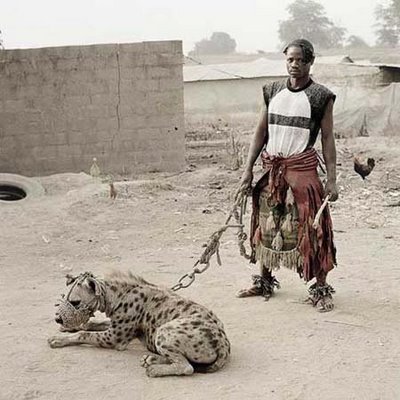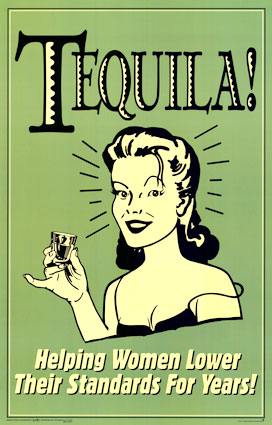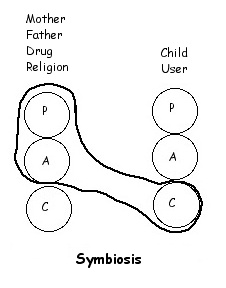Roses says in a comment on the last post
“Why then, is it that we need so badly to be locked in to a script?”
Our current leader of the opposition in Australia, Tony Abbott, got himself into hot water last week. He made the comment that for some homeless people it was a matter of lifestyle choice. That some chose that lifestyle to live.
The opposite argument to this is that it is not their choice but a result of poor economic conditions, neglectful government for the homeless and so forth. The psychologist would say that it is neither but it is something else altogether.
I worked in a prison for three years and without a doubt if an inmate wants to acquire work skills, improve their education level and so forth the opportunity is definitely there. There is a small group who do use their prison time to improve self but the majority do not tend to. Is that their choice? Most would say yes.

The good life
As one works with people over the years one finds that people will create lifestyles that are reflective of how they view themselves. If one has a good perception of self and respects self then over time they will create a lifestyle and relationships that reflect that belief of self. They create a good quality of life.
If one has been told they are useless, not wanted, beaten and neglected then they will tend to have a poor view of self. If this happens then as they go through life they will create relationships and lifestyles that reflect that poor view of self.
Hence those with a poor view of self will tend to end up destitute, in prison, a habitual drug user and so forth. However it is not always the down and outers. Having worked most of my life in private practice my clients have tended to be those who are financially stable. I have seen plenty of rich people who have horrible lives in terms of relationships, emotions and the predicaments they get themselves into. So its not just about homelessness and money.

Successful boxers a notorious for ending up with tragic lives
It is the long term out come that reflects ones level of self esteem
Just look at man of the moment - Tiger. His father drove him relentlessly and was swinging a golf club by age 2 and he has not been able to stop until just recently. He has plenty of money but what is the quality of his life? What it is in the long run will be a reflection of how he views himself. If he comes out of this and falls on his feet as they say then we know he has at least a reasonable opinion of himself. If he does not then he views himself in a much less favourable light and will create a crappy life for himself.
However the point at hand is that people will do this relentlessly. It is a very powerful driving force in them such that one could call it a compulsion and indeed Freud coined the term - repetition compulsion. People will tend to compulsively repeat the same over and over again and thus over time they end up with the same sort of lifestyle, relationships and so forth.

So it is a compulsion to adopt the same life script over and over. This means some of the homeless (like prisoners) will not take up the opportunities available to ‘improve’ their circumstances. This does happen and thus one can understand why some see it as a choice. The opportunities are there and they will not take them in the long run.
Is that a choice or a compulsion to create a lifestyle that reflects the current self image? If one decides it is a choice then the homeless are to blame. If one decides it is a compulsion to repeat the life script then it is not their fault and they are victims of unlucky circumstances.
Can it be a bit of both? Some do take up the opportunities and create a better life for self. Each and everyday I work with people who do precisely that. The goal is to improve ones view of self. If that happens then it is inevitable they will create better lifestyle for self. It will only be a matter of time until that is achieved.
Graffiti
 For a larger version of this click here and then click on all sizes.
For a larger version of this click here and then click on all sizes.


















